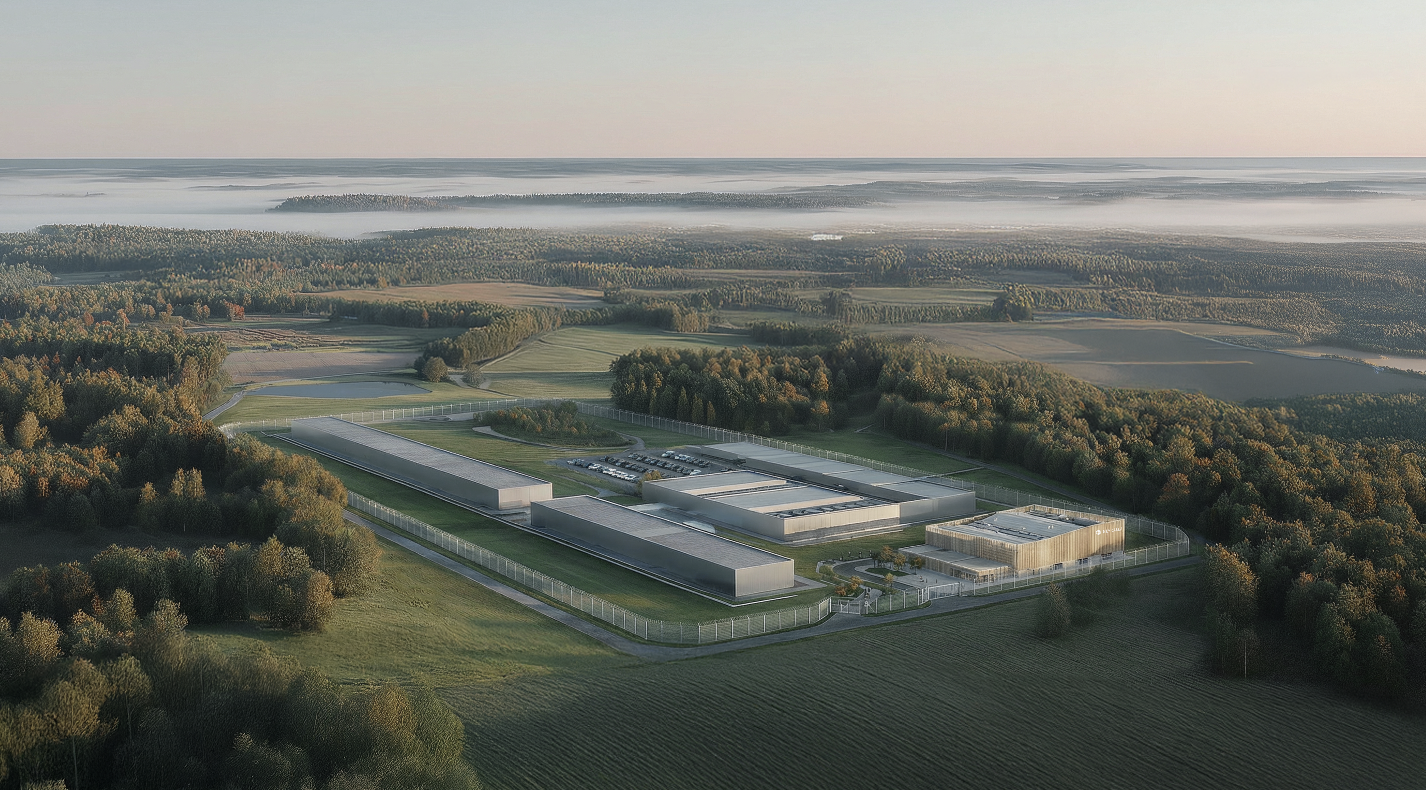For immediate release
Stockholm, 13 March 2023 – Leadcold, the Swedish developer of small modular reactors (SMRs), announced today that it has hired Thérèse Burman as its new Head of Legal. Burman is a specialist in environmental law and has worked as a lawyer, consultant, desk officer and legal advisor. Most recently, she has been running her own environmental law and consultancy firm, Thérèse Bäverlind Burman AB.
Before that, she worked for the Ministry of the Environment and Energy, as well as at Mannheimer Swartling, one of the largest law firms in Scandinavia, where she specialized in environmental law. She has also done a secondment at mining company Boliden and served as a law clerk at Stockholm District Court.
Leadcold’s CEO, Jacob Stedman, expressed his excitement about Burman joining the team, saying, “We are thrilled to have Thérèse joining us at Leadcold. Her extensive experience in environmental law will be of great benefit to our company as we continue to grow and expand our operations. We look forward to welcoming her to the team.”
“I am excited to be joining Leadcold and look forward to working with Jacob and the team to help support the development of small modular reactors,” said Thérèse Burman. “My experience in environmental law will be an asset in navigating the regulatory landscape as we work towards a sustainable future for energy production. I am excited to be a part of such an innovative company and look forward to contributing to its continued success.”
Burman will join the company already as of March 27, 2023, but initially on a part-time basis, as she ramps down her other commitments.
Contact:
Jacob Stedman, CEO
jacob.stedman@leadcold.com
About Leadcold
Blykalla AB, doing business as Leadcold, is a Swedish deep tech company that develops and markets small modular reactors (SMRs). The company is developing a lead-cooled and very compact reactor concept called SEALER-55, which is characterized by a high level of passive safety. Each unit will have 55 MW of electrical capacity, and the capacity can be increased over time by installing multiple units at the same site. The units will be mass-produced in a factory, which will enable higher quality, lower cost, and lower investment risk. The first commercial reactor is expected to be ready for operation in 2030.





